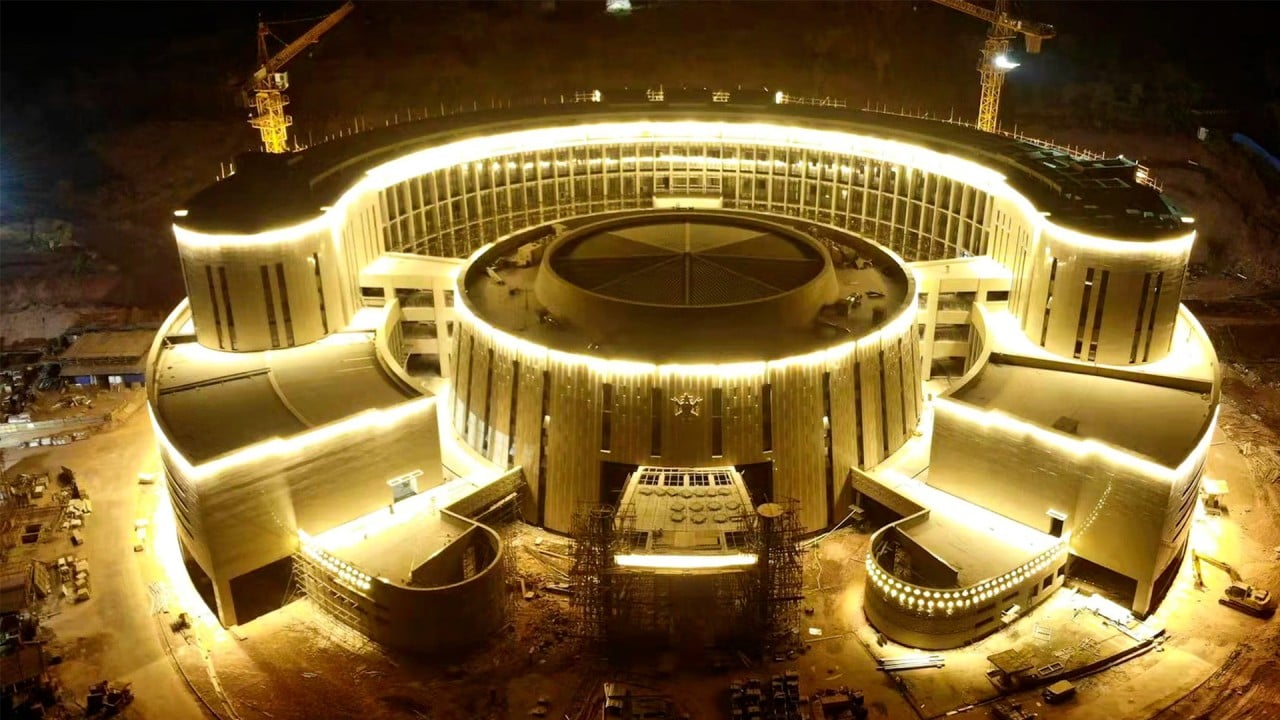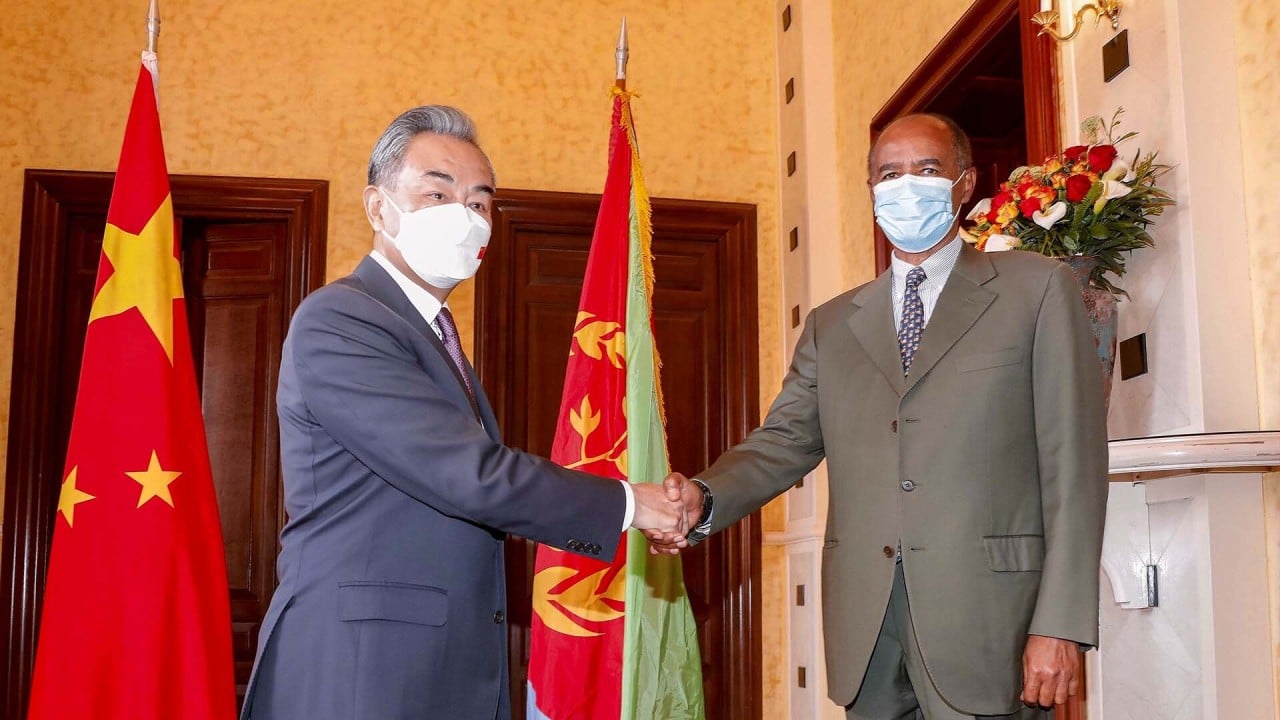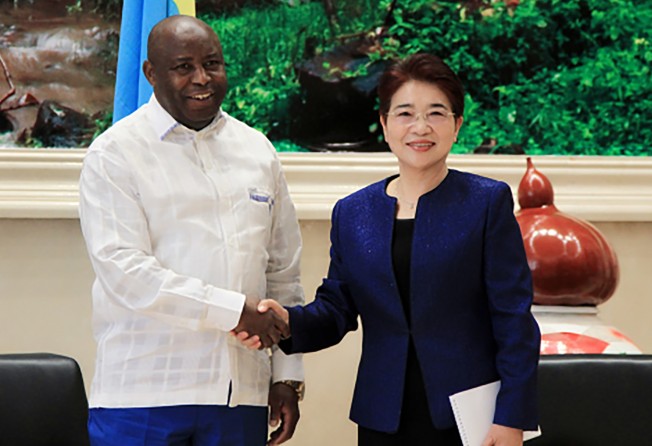
Chinese diplomats flock to Africa in response to Western charm offensive
- Xu Jinghu, China’s special representative on African affairs, is on an eight-nation tour
- Observers say her visit and others aim to resolve hotspot issues and respond to the West’s challenge to the Belt and Road Initiative
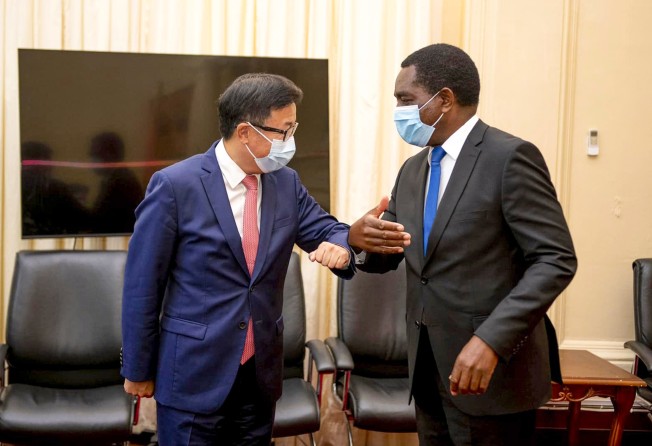
The past month has been a busy time for Chinese diplomacy in Africa, with senior officials making dozens of trips to the continent to resolve disputes, strengthen relations and respond to a recent Western charm offensive.
In a meeting with Burundian President Evariste Ndayishimiye on Wednesday, the Chinese government’s special representative on African affairs, Xu Jinghu, promised China would continue to strengthen bilateral relations with the East African nation in priority sectors such as agriculture, health and infrastructure.
Ndayishimiye said China had “stood by our side for years, especially in times of hardship”, and Xu said Beijing would always support Burundi’s economic and social development.
China has sent agricultural scientists to Burundi to help improve food production and has awarded scholarships to Burundian students.

On her eight-nation tour, Xu will also visit Rwanda, the Democratic Republic of Congo, Congo-Brazzaville, Namibia, Madagascar, Mauritius and Seychelles.
She is visiting the continent a few days after senior Chinese diplomat Yang Jiechi visited Zimbabwe and Mozambique. And last month, Wu Peng, director general of the foreign ministry’s African affairs department, visited South Africa, Malawi, Zambia, Tanzania, Senegal, Burkina Faso and Togo.
Also in June, China’s special envoy to the Horn of Africa, Xue Bing, was in Ethiopian capital Addis Ababa for the first Horn of Africa peace conference – which was sponsored by China.
Observers said the high-level trips aim to solve hotspot issues, especially ongoing conflicts in the Great Lakes, Horn of Africa and Sahel regions, and also to respond to the West’s challenge to the Belt and Road Initiative in Africa.
Zhou Yuyuan, a senior research fellow with the Centre for West Asian and African Studies at the Shanghai Institutes for International Studies, said the specific role of a special representative on African affairs is political mediation.
“I think one of its important missions is to explore China’s contribution to solving the hotspot issues in Africa,” he said. “The relations among the countries in the Great Lakes region are not in a good situation, with the relationship between the DRC and Rwanda especially tense.”
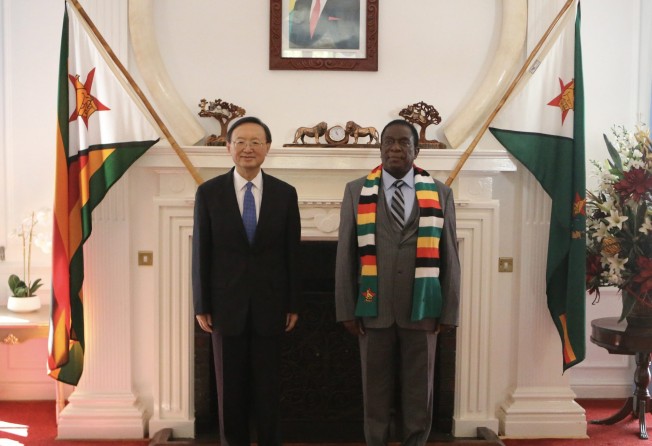
Rwanda and Congo have accused each other of firing rockets across their shared border. The Congolese authorities also alleged that Rwanda deployed soldiers in disguise on their territory.
“So, choosing the Great Lakes Region makes sense,” Zhou said. “Maybe the most important reason [is that] Xu is French-speaking – this means official visits to French-speaking countries will mostly rely on her.”
Tim Zajontz, a research fellow at the Centre for International and Comparative Politics at Stellenbosch University in South Africa, said Xu’s stop in Kinshasa can be seen as a sign of goodwill to iron out protracted disputes between Chinese mining firms and the Congolese government.
He said most telling is the frequency with which high-level Chinese officials have visited Africa’s island nations in the Indian Ocean over the past few years.
“Mauritius, the Seychelles and even Madagascar play a minor role for China economically,” Zajontz said. “However, they are of central geostrategic importance for China’s efforts to consolidate its presence across the Indian Ocean as part of the Maritime Silk Road.”
While senior Chinese officials visit some African countries more frequently than others, “China pays attention to ensuring that all countries, except eSwatini that recognises Taipei, are included on the schedule,” David Shinn, a professor at George Washington University’s Elliott School of International Affairs in Washington, said.
As a result, countries that have more important ties with China such as South Africa, Zambia, Tanzania, Senegal, Congo and Namibia receive more high-level visitors. Some of these countries, such as Congo and Zambia, are mineral-rich. Congo sells most of its copper and cobalt to China, while copper-rich Zambia has attracted Chinese capital into mining and infrastructure.
The debt crisis in Zambia topped the agenda during Wu’s recent visit to the country. He told a briefing in Lusaka that he was in Zambia to help coordinate China’s response to its debt situation, which saw the country default on some dollar-denominated Eurobonds.
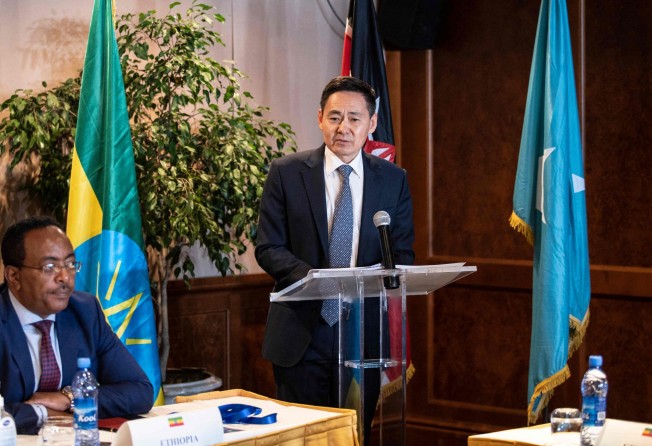
But even countries of less importance to China – such as Malawi, Burkina Faso, Togo and Burundi – are included from time to time, Shinn said.
“Occasionally, senior officials pay a visit because of a special event such as an independence celebration or a serious problem that requires high-level attention,” he said.
Zajontz, also a lecturer in international relations at the University of Freiburg in Germany, said Yang is China’s top foreign-policy maker after President Xi Jinping so his visits are “of particular diplomatic importance”.
He added:“His recent trip to Harare is a courtesy visit to one of China’s most loyal allies in the region.”
He said that under Zimbabwean President Emmerson Mnangagwa, who was trained in China during the liberation struggle, Chinese investment has flourished, not least in infrastructure and the mining sector.
Chinese companies have recently acquired more lithium mines in Zimbabwe and now run Africa’s largest steel plant south of the capital, Harare.
“One could say Zimbabwe is becoming the new Zambia for Beijing, as Harare has opened the country’s doors widely for Chinese investors,” Zajontz said.
He said the fact that Mozambique will assume a non-permanent seat on the UN Security Council in January played a role in Maputo being on Yang’s itinerary. He said Chinese economic interests in Mozambique are diverse, spanning the energy, mining and agricultural sectors, and the Mozambican government used the visit to ask Yang for help in rehabilitating the country’s 2,000km (1,200-mile) north-south EN1 highway.
Zhou said Yang’s visits to Africa were more political and he visited on behalf of top Chinese leaders.
“As the highest-ranking official in charge of diplomacy, Yang pays visits to African countries nearly each year,” he said. “This shows the importance China pays to Africa and the developing countries.”
Among the geopolitical reasons for visits to Africa by Chinese officials are increased Western engagement with the continent.
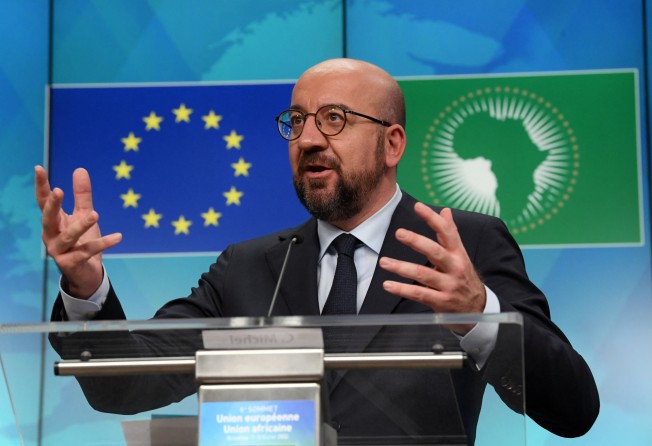
For instance, the European Union-African Union Summit held in February shows the EU is increasing engagement with Africa and investment in the continent. High-ranking officials from the US departments of state and commerce paid visits to Africa in the past months, and the second US-Africa leaders’ summit will be held later this year. Japan will hold the eighth Tokyo International Conference on African Development in Tunisia next month.
“It means the major countries are giving more importance to Africa, and this will lead to closer interactions,” Zhou said. “I think this could benefit African countries if new commitments, investments and financing increase.”
Zajontz said the growing frequency of visits by high-level Chinese officials across the continent must be seen in the light of a recent Western charm offensive in Africa, including pledges to provide alternative infrastructure and development projects to those offered under China’s Belt and Road Initiative.
“It is evident that Chinese and Western leaders are engaged in an increasingly competitive contest for political influence in African capitals, while a scramble for strategic minerals and markets in Africa is under way,” he said.
